April 15, 2024 | Lectures
BioPark Life Sciences Conference Center | 801 W Baltimore St | Baltimore, MD 21201
April 16, 2024 | Hands-on Simulations & Workshop Modules
Maryland Proton Treatment Center | 850 W Baltimore St | Baltimore, MD 21201 and
University of Maryland Medical Center | 22 S Greene St | Baltimore, MD 21201
About the Course
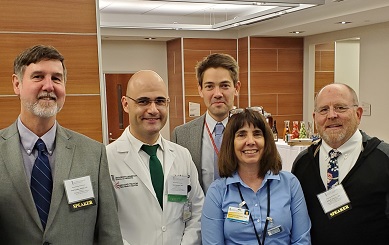 Over the past fifteen years there has been significant advancement in the field of hyperthermia therapy, an adjuvant cancer therapy that sensitizes tumor cells to both radiation and chemotherapy. With increased knowledge and training, clinicians will be able to provide a less invasive form of radiation to their patients.
Over the past fifteen years there has been significant advancement in the field of hyperthermia therapy, an adjuvant cancer therapy that sensitizes tumor cells to both radiation and chemotherapy. With increased knowledge and training, clinicians will be able to provide a less invasive form of radiation to their patients.
The Hyperthermia Therapy Practice School is an in-person CME accredited course that will provide the attendees with the theoretical aspects of hyperthermia therapy in a lecture format with a question and answer session. Several cases will be reviewed to explain the different approaches to treat different disease sites. Small groups will facilitate in-depth training of practical guidelines for hyperthermia therapy treatment delivery, and will practice the treatment delivery in terms of software and hardware in experimental phantoms.
Attending practitioners will be made aware of combining hyperthermia therapy with the different forms of radiation treatment and will benefit from a formal training course that will provide one day of lectures and clinical case reviews, and a second day of practical training and use of hyperthermia therapy equipment. 
Breakfast and lunch are included each day of the event. All attendees and speakers are invited to a complimentary dinner reception and tour of the Maryland Proton Treatment Center (MPTC) on day one.
Accreditation: The University of Maryland School of Medicine is accredited by the Accreditation Council for Continuing Medical Education to provide continuing medical education for physicians.
CME Credits: The University of Maryland School of Medicine designates this Live activity for a maximum of 14.00 AMA PRA Category 1 Credits TM. Physicians should claim only the credit commensurate with the extent of their participation in the activity.
About Hyperthermia Therapy and Proton Therapy
Advances in the applications, technologies and methodologies of radiation oncology continue to evolve rapidly and the delivery of radiation therapy has become more complex, making it imperative that radiation oncology professionals remain current in the state-of-the-art techniques. Hyperthermia therapy at 40-44°C (also known as thermotherapy) is a specialized adjuvant cancer therapy that is only available in a few radiation oncology clinics throughout the U.S. Similarly, proton therapy is a less invasive form of radiation that is currently only available in certain regions of the country. Hyperthermia therapy is a non-invasive procedure that has been used with traditional photon radiation and chemotherapy. The University of Maryland Division of Translational Radiation Sciences (DTRS) is now documenting the effectiveness of thermotherapy when applied with proton therapy, an effort that has no parallel in the U.S.
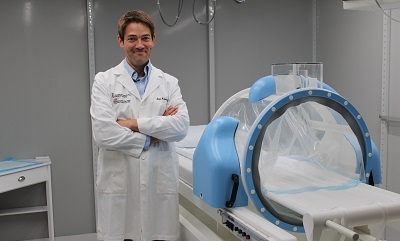
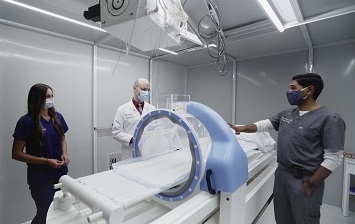
In-Person Format Disclaimer
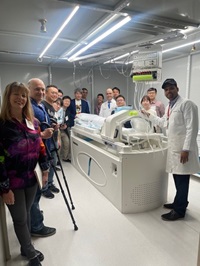
The safety and health of our patients, colleagues, and visitors remains the number one priority of the University of Maryland Department of Radiation Oncology. If you have a COVID-19 or any other contagious infection, follow CDC isolation and precaution guidelines. Do not attend the course if you are not feeling well. Attendees will be required to comply with all current federal, state, local, and University of Maryland policies regarding health and illness. Any changes to travel arrangements or costs incurred due to local and institutional health regulations are the sole responsibility of the participant.
Registration
Discounts are available for groups of two or more registering from the same institution. Contact Jessica White at jessica.white@umm.edu for details.
Advanced registration is required, and registration is limited to 24 seats. General registration is $2,200, or discounted to $2,000 with proof of membership to any of these hyperthermia organizations: STM, ESHO, or ASHO. Institutions who participated in past UM Hyperthermia Therapy Practiced Schools are also eligible for the discounted registration fee of $2,000.
Refund Policy
Once a registration is submitted, you will have 24 hours to submit a request for refund. In the event of cancellation after that time, a refund will not be provided.
Learning Objectives
At the conclusion of this activity, participants will be able to:
- Recall all the components required to establish a hyperthermia therapy program.
- Distinguish the different biology of tumors and healthy tissues during elevated temperatures.
- Decide proper patient eligibility for hyperthermia treatments and the most adequate modality: interstitial, superficial or deep hyperthermia therapy.
- Define the radio- and chemosensitization effects induced by hyperthermia.
- Describe the physics of radio waves and microwaves as well as the need for water bolus.
- Explain how to position the different hyperthermia applicators and define the need for multiple treatment sites.
- Perform treatment delivery of interstitial, superficial and deep hyperthermia therapy.
- Analyze and report hyperthermia therapy treatment data.
- Implement the clinical workflow, documentation and reimbursement of hyperthermia treatments.
- Understand the reimbursement strategy for hyperthermia treatments.
Target Audience
This course is the first of its kind in the U.S. to provide practice guidelines and practical training to national and international hyperthermia therapy practitioners, including:
- Radiation Oncologists
- Medical Physicists
- Radiation Therapists
- Dosimetrists
- Medical Oncologists
- Oncology Residents
- Students
- Industry
- Surgical Oncologists
- Oncology Fellows
- Nurses
Course Directors
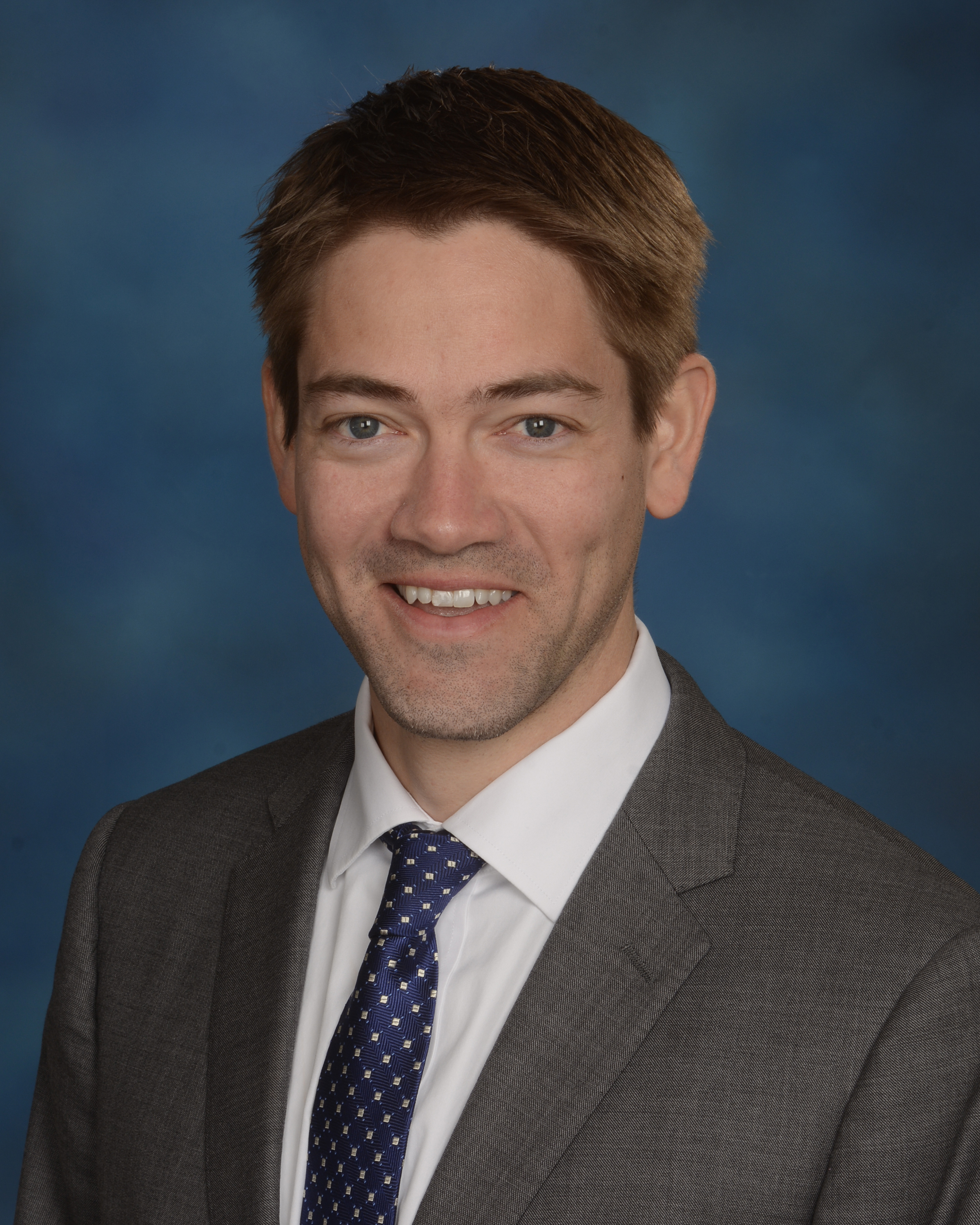
Jason Kyle Molitoris, MD, PhD
Associate Professor of Radiation Oncology
University of Maryland School of Medicine
Director of Clinical Hyperthermia
Medical Director, UMMC Radiation Oncology
Dr. Molitoris's ongoing research at the University of Maryland is focused on the implementation of advanced treatment technologies to his clinical areas of interest and on evaluating novel approaches to improve treatment efficacy while decreasing side effects. He is interested in combining multiple advanced treatment technologies, including hyperthermia therapy combined with brachytherapy to treat recurrent prostate cancer.
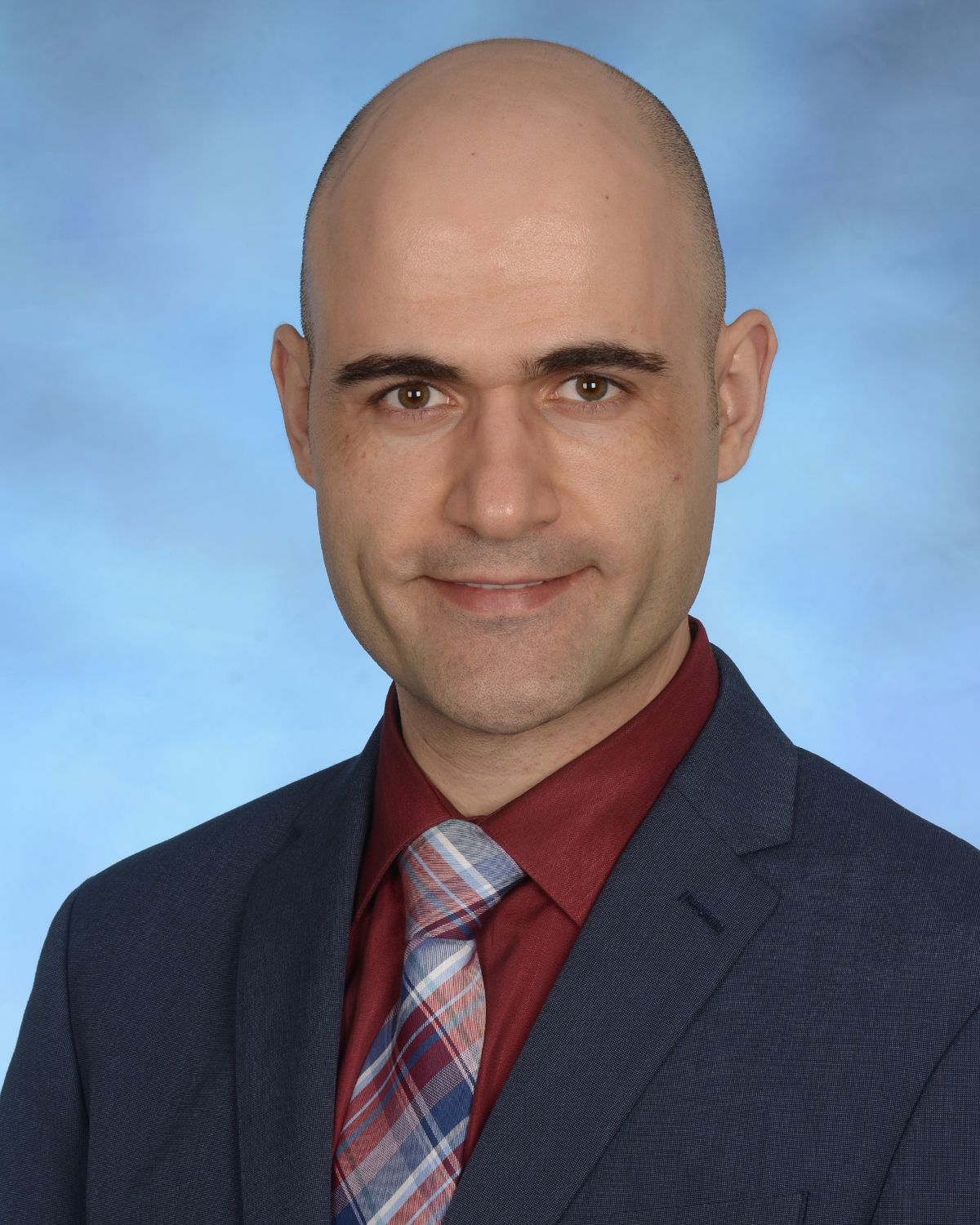
Dario Rodrigues, PhD
Assistant Professor of Radiation Oncology
University of Maryland School of Medicine
Lead Hyperthermia Physicist
Dr. Rodrigues is one of the few hyperthermia therapy physicists in the U.S. He specializes in focused heat generated by radio waves (hyperthermia) which is a potent enhancer of chemo- and radiotherapy. Dr. Rodrigues is also the Councilor of Engineering/Physics of the Society for Thermal Medicine.
Speakers & Lecture Titles
Day One at the BioPark Life Sciences Conference Center | 801 W Baltimore St
1. How to establish a hyperthermia therapy program
2. Role of clinical hyperthermia in immune system activation
Jason Kyle Molitoris, MD, PhD
Associate Professor of Radiation Oncology
University of Maryland School of Medicine
Practice guidelines for deep hyperthermia therapy
Zaker H. Rana, MD
Assistant Professor of Radiation Oncology
University of Maryland School of Medicine
Physics planning/execution of RF deep hyperthermia therapy
Dario Rodrigues, PhD
Assistant Professor of Radiation Oncology
University of Maryland School of Medicine
Practice guidelines for interstitial hyperthermia therapy
John K. Hayes Jr., MD
Radiation Oncologist
Gamma West Cancer Services, Salt Lake City, UT
Practice guidelines for superficial hyperthermia therapy
Mark D. Hurwitz, MD, FASTRO, FACRO
Chair and Professor
Department of Radiation Medicine
New York Medical College School of Medicine
Review of clinical cases
All speakers above, and:
Reed McDonagh, MD, PhD
Assistant Professor of Radiation Oncology
University of Maryland School of Medicine
Practice guidelines for superficial hyperthermia therapy
Physics planning/execution of MW interstitial hyperthermia therapy
Mariana Guerrero, PhD
Professor of Radiation Oncology
University of Maryland School of Medicine
Physics planning/execution of MW superficial hyperthermia therapy
Paul Stauffer, MSEE, CEE
Thomas Jefferson University, Philadelphia, PA
Clinical workflow, documentation, and reimbursement of hyperthermia therapy
Erika Maynor
University of Maryland, Baltimore, MD
Day Two at UMMC | 22 S Green St | and MPTC | 850 W Baltimore St
Hands-on workshop modules
The second day of the course will include a hands-on workshop on superficial and interstitial hyperthermia at UMMC, and a hands-on workshop on deep hyperthermia at MPTC.
Location & Travel
Location for Lectures - Day One
BioPark Life Sciences Conference Center
801 W. Baltimore Street
Baltimore, MD 21201
Two Locations for Hands-on Simulations/ Modules - Day Two
Maryland Proton Treatment Center (MPTC)
850 W. Baltimore Street
Baltimore, MD 21201
University of Maryland Medical Center (UMMC)
Department of Radiation Oncology
22 S. Greene Street, Gudelsky Ground Floor
Baltimore, MD 21201
Parking
There will be free garage parking with a validated ticket for attendees at Garage One, located at the corner of W. Baltimore Street and Poppleton Street next to MPTC.
University of Maryland BioPark Garage One
1 N. Poppleton Street
Baltimore, MD 21201
There are several additional parking garages available on the University of Maryland Medical Center campus.
Traveling to Baltimore
The closest airport is BWI Thurgood Marshall Airport, which is approximately 11 miles and a 20-minute drive, cab or Uber/Lyft ride from downtown Baltimore. Another option for many international flights is Washington Dulles International Airport (IAD), which is approximately 62 miles from downtown Baltimore. Uber and Lyft are typically available for $80-$150 per trip, and taxis are available for approximately $110-$150, subject to increases based on traffic and surcharges.
Hotel
We have secured a block of discounted hotel rooms at the rate of $129++ taxes and fees through the cutoff date of October 17, 2025 at the Hampton Inn Baltimore Downtown Convention Center, located at 550 Washington Boulevard in Baltimore, Maryland, 21230. Valet parking at the hotel is available for an additional fee of $45-60++ per night. Please contact the Hampton Inn at 410-685-5000 to make a reservation or for questions about the hotel and parking information, or use this booking link.
Special Accommodations
We encourage participation by all individuals. If you have a need or request for special accommodations, advanced notification will help us to better serve you. Please call our office at least seven days in advance at 410-706-3956.
Course Coordinator
For questions about the course, please contact the course coordinator Jessica White at jessica.white@umm.edu or 410-328-7618.

